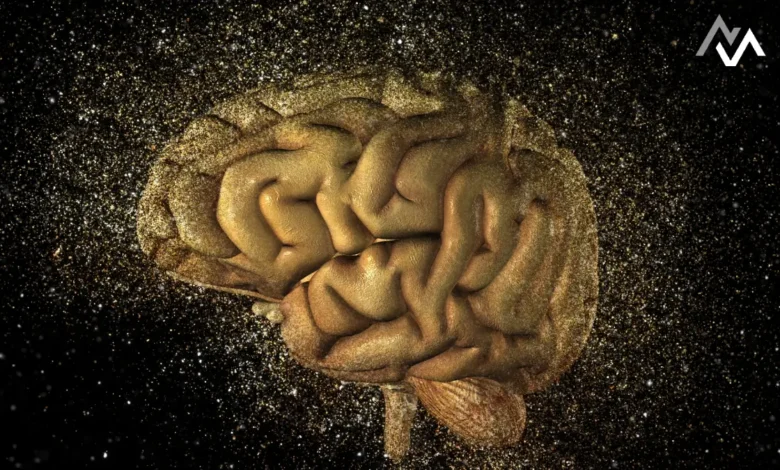Boosting Your Memory: 7 Tips to Sharpen Your Mind

Memory plays an essential role in our daily lives, impacting how we learn, work, and interact with the world. Yet, memory loss, whether due to age, stress, or lifestyle choices, can significantly affect the quality of life. Fortunately, enhancing your memory power is within reach. By adopting a few mindful habits and making certain lifestyle changes, you can improve your cognitive functions and keep your memory sharp. Here are seven effective tips to help you boost your memory.
1. Prioritize Quality Sleep
Quality sleep is the foundation of a sharp memory. During sleep, particularly during deep REM stages, the brain processes and consolidates information acquired throughout the day, transforming short-term memories into long-term ones. Insufficient sleep disrupts this process, leading to memory lapses and cognitive decline. Aim for 7-9 hours of uninterrupted sleep each night. Establishing a regular sleep schedule, creating a restful environment, and avoiding screens before bedtime can significantly enhance the quality of your sleep.
2. Engage in Regular Physical Exercise
Physical activity is not just beneficial for your body; it’s crucial for your brain as well. Exercise increases blood flow to the brain, promoting the growth of new neurons and enhancing brain plasticity. Activities like walking, swimming, or yoga can help reduce stress and boost mood, indirectly improving memory retention. Incorporating at least 150 minutes of moderate aerobic exercise per week can keep your brain healthy and your memory sharp.
3. Eat a Brain-Boosting Diet
What you eat directly affects your brain’s performance. A diet rich in antioxidants, healthy fats, vitamins, and minerals can support brain health and enhance memory. Foods like blueberries, fatty fish, nuts, and leafy greens are known for their cognitive benefits. Omega-3 fatty acids, found in fish like salmon, are particularly important for brain function. Additionally, reducing sugar intake can prevent cognitive decline as high sugar levels have been linked to memory problems and reduced brain volume.
4. Stay Mentally Active
Your brain, like a muscle, needs regular exercise to stay strong. Engaging in mentally stimulating activities can build cognitive reserves and delay memory decline. Activities such as reading, playing chess, solving puzzles, or learning a new language challenge your brain and keep it active. Incorporating these activities into your daily routine can improve memory retention and cognitive flexibility.
5. Manage Stress Effectively
Chronic stress can be a significant contributor to memory loss. Prolonged exposure to stress hormones, like cortisol, can damage the hippocampus, the part of the brain responsible for memory and learning. It’s essential to manage stress through relaxation techniques such as deep breathing exercises, meditation, or yoga. These practices not only reduce stress but also enhance focus and mental clarity, which are crucial for memory retention.
6. Stay Socially Connected
Human interaction is vital for brain health. Socializing with others can prevent memory loss by stimulating your brain and reducing the risk of cognitive decline. Engaging in meaningful conversations, participating in group activities, or maintaining strong relationships with family and friends can enhance your emotional well-being and support brain function. Loneliness, on the other hand, has been associated with memory loss and increased risk of dementia.
7. Use Mnemonics and Visualization Techniques
Memory aids like mnemonics and visualization can make it easier to remember information. Mnemonics involve associating information with patterns, images, or acronyms to make it more memorable. Visualization involves creating vivid mental images of what you want to remember, linking it to familiar places or objects. These techniques can enhance your ability to recall information more effectively and can be particularly helpful in learning new material.
Understanding Memory Loss: Common Causes
Memory loss can occur due to various factors, including aging, stress, and medical conditions. As we age, natural changes occur in the brain that can slow cognitive processes and memory recall. Chronic stress, as mentioned earlier, can impair memory by affecting the brain’s structure and function. Additionally, medical conditions such as Alzheimer’s disease, depression, and vitamin deficiencies can contribute to memory loss. Understanding these factors can help in taking proactive steps to mitigate memory decline.




